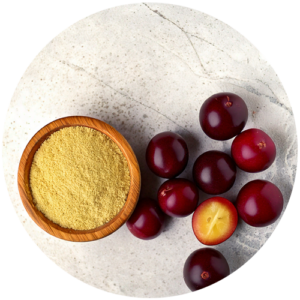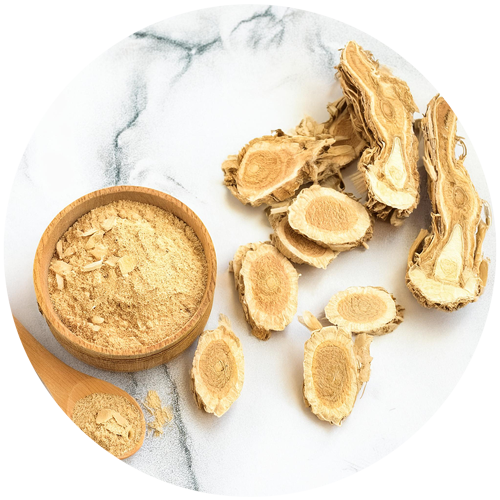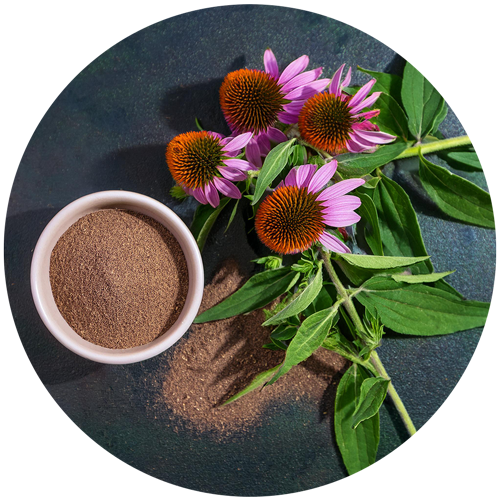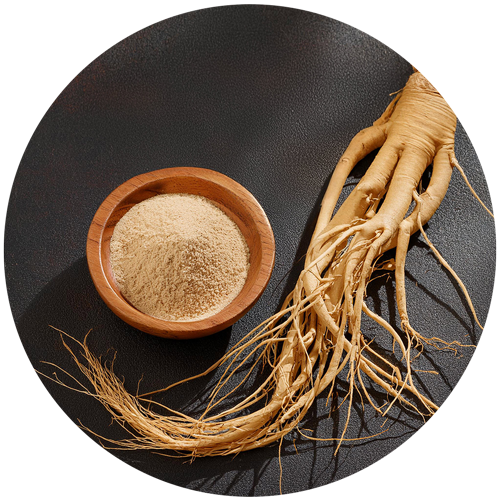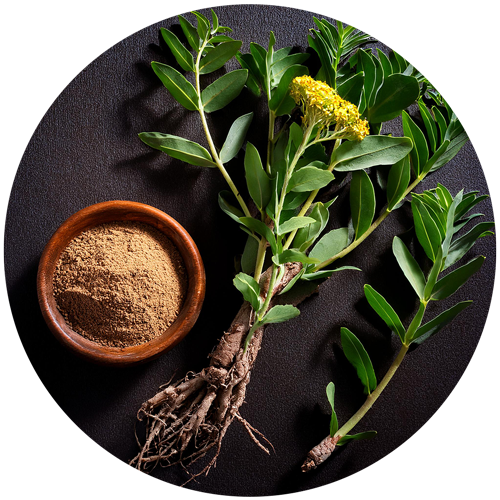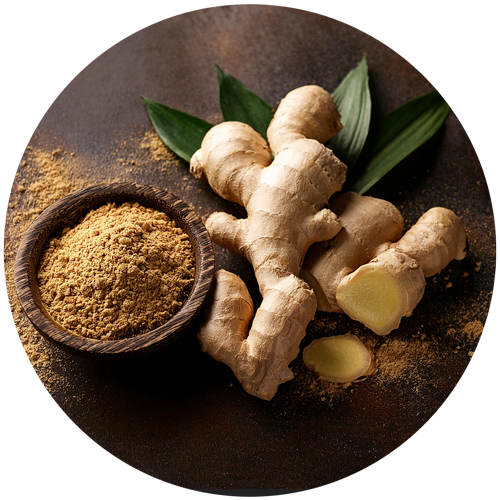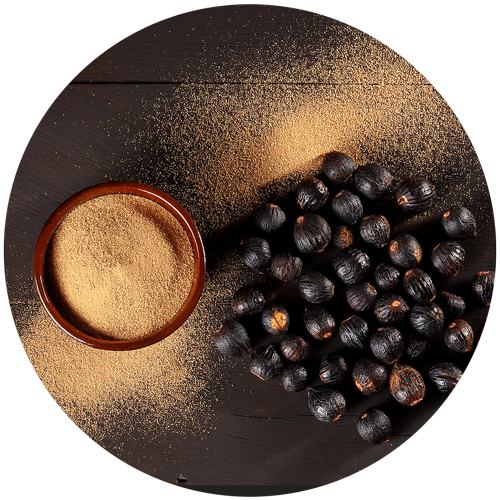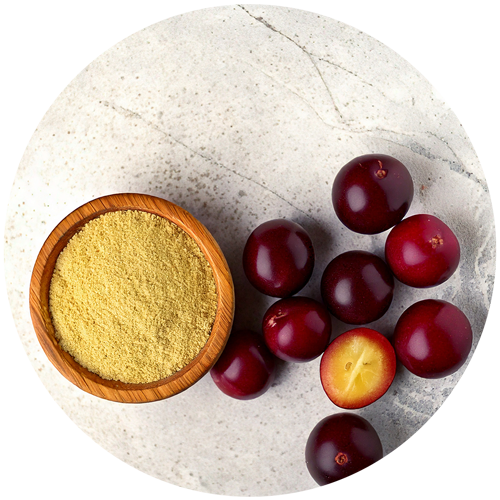

CAMU CAMU
Myrciaria dubia Toning
Toning  Immune system
Immune system  Antioxidant
Antioxidant The fruit of the camu-camu tree, Myrciaria dubia, rich in vitamin C and polyphenols, supports immune functions, contributes to cell protection and promotes metabolic balance.
Regulations
and analysis
Identification: TLC
No data on traditional use
Association ideas by health benefice
Select one or more axes:
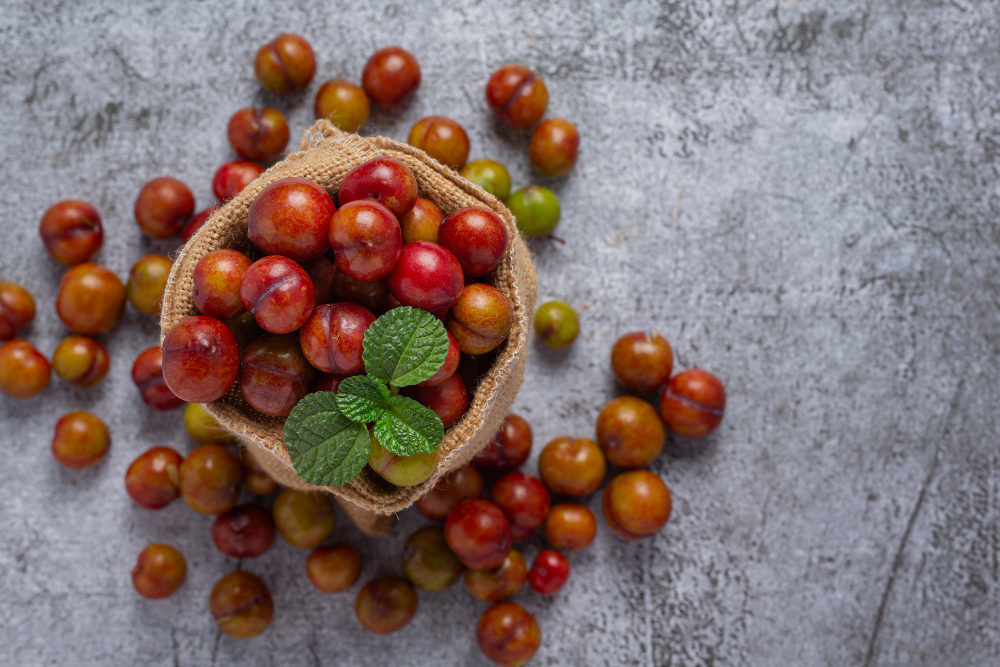
Detailed description
The fruit of the camu-camu tree, Myrciaria dubia, a member of the Myrtaceae family, is native to the Amazon. Its fruit, renowned for its exceptional vitamin C content, has long been used in traditional medicine.
Camu-camu fruit is rich in ascorbic acid, polyphenols, flavonoids and carotenoids. These compounds help protect cells against oxidative stress and support natural metabolic balance mechanisms. Camu-camu is also a good source of dietary fiber, potassium, iron and essential amino acids such as leucine and valine.
Traditionally, this fruit is eaten to support immune function and for its boosting effect. Its wealth of bioactive compounds makes it an interesting functional food for overall well-being.
